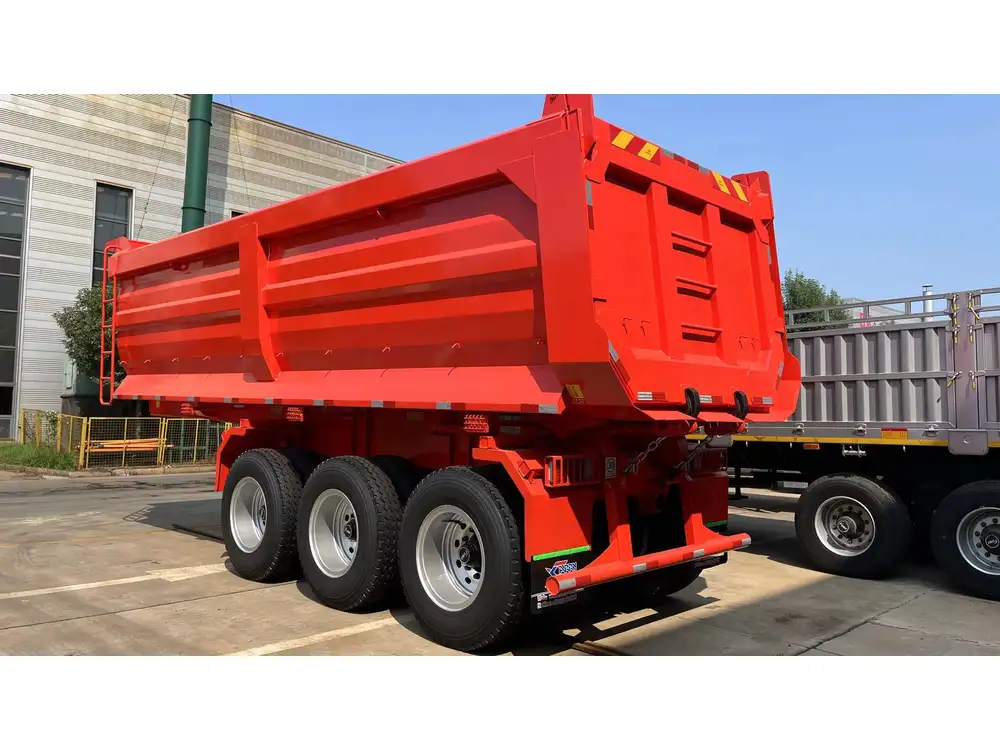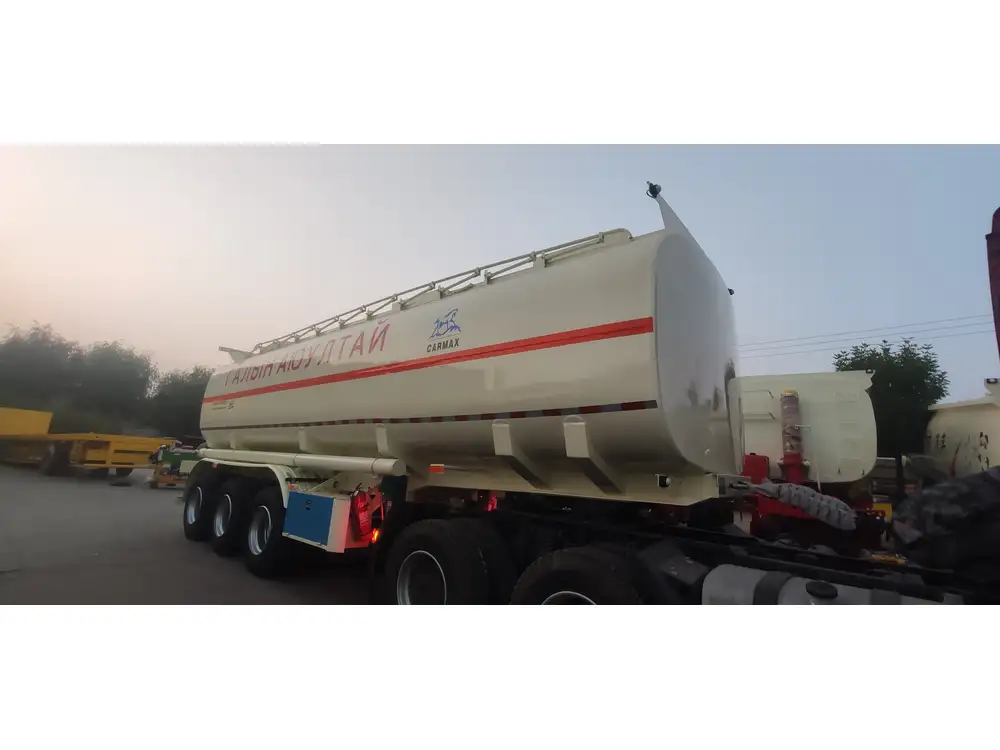When discussing heavy-duty equipment, dump trailers stand out for their versatility and utility. For those contemplating the purchase, use, or specifications of a 14ft dump trailer, determining its weight is crucial in understanding its payload capacity, durability, and suitability for various tasks. This guide meticulously dissects the weight of a 14ft dump trailer and addresses queries potential users might have.
1. Overview of 14ft Dump Trailers
A 14ft dump trailer is a specialized piece of equipment designed to transport and unload materials. Its dimensions allow it to handle various materials, including soil, gravel, construction debris, and more. The standard length, combined with the trailers’ distinctive dumping feature, makes this type of trailer an essential tool for contractors, landscapers, and DIY enthusiasts alike.
1.1. Key Features
- Load Capacity: Typically, the maximum load capacity ranges from 7,000 to 14,000 pounds.
- Dimensions: Standard dimensions are 14 feet in length, with widths typically around 6 to 8 feet and heights depending on the trailer design.
- Construction Materials: Most trailers are constructed from steel or aluminum, with steel being the heavier and more durable option.

2. Weight Specifications
The weight of a 14ft dump trailer is influenced by various factors, including its material, construction design, and added features. Generally, the weight of an empty dump trailer can range between 2,500 to 5,000 pounds.
2.1. Factors Influencing Weight
| Factor | Impact on Weight |
|---|---|
| Material | Aluminum trailers are lighter than steel. |
| Design Complexity | Features like dual axles and reinforced frames add weight. |
| Additional Features | Items such as hydraulic lifts or bracing mechanisms increase overall weight. |
2.2. Comparing Variants
| Trailer Type | Weight (Empty) | Max Load Capacity |
|---|---|---|
| Steel 14ft Dump Trailer | 3,000 – 5,000 lbs | 10,000 – 14,000 lbs |
| Aluminum 14ft Dump Trailer | 2,500 – 3,500 lbs | 7,000 – 10,000 lbs |

3. Calculating Payload Capacity
Understanding the weight aspects measured against its capacity is pivotal for ensuring safe transport. The payload capacity can be determined by subtracting the trailer’s empty weight from its Gross Vehicle Weight Rating (GVWR).
3.1. Example Calculation
- Trailer Weight: 3,500 lbs (average steel trailer)
- GVWR: 10,000 lbs (average for a mid-range model)
Payload Capacity = GVWR – Empty Trailer Weight
Payload Capacity = 10,000 lbs – 3,500 lbs = 6,500 lbs
3.2. Importance of Payload Capacity
Knowing the payload capacity ensures that users are not exceeding the limitations, which can lead to safety risks, legal issues, and potential damage to the trailer itself. Every jurisdiction has regulations governing the maximum load limits; thus, understanding this metric is crucial for compliance.

4. Industry Applications of 14ft Dump Trailers
14ft dump trailers have secured their position in several industries, each benefiting from their unique capabilities.
4.1. Construction
- Material Transport: Perfect for moving concrete, dirt, and gravel.
- Debris Cleanup: Essential for transporting waste post-construction.
4.2. Landscaping
- Soil Transport: Ideal for delivering soil and mulch.
- Landscaping Projects: Equipped to carry plants, tools, and equipment.

4.3. Agriculture
- Farm Use: Useful for hauling feed, equipment, and produce.
- Maintenance Tasks: Helps with land clearing and renovation processes.
5. Legal Considerations and Compliance
Users must adhere to regional transportation laws governing trailer weights and sizes. Overloading a dump trailer can lead to significant fines, vehicle damage, or accidents.
5.1. Weight Limits
- Local Regulations: Can vary; it’s vital to check with local transportation departments.
- Weight Permits: May be required for loads exceeding certain thresholds.

5.2. Hauling Equipment
Proper choice of towing vehicle also impacts legal compliance. Check for:
- Towing Capacity: Ensure your vehicle can safely tow the added weight of the trailer plus the load.
- Braking Systems: Some jurisdictions require specialized braking systems for heavier loads.
6. Maintenance Tips for Longevity
Regular maintenance is essential for ensuring the longevity and reliability of a 14ft dump trailer.
6.1. Routine Inspections
- Tire Condition: Maintain proper inflation levels and check for wear.
- Brakes and Lights: Regularly check functionality to avoid accidents.

6.2. Cleaning and Care
- Washing: Keep the trailer clean from debris that can hinder performance.
- Lubrication of Moving Parts: Ensures smooth operation of hydraulic lifts and hinges.
6.3. Seasonal Checks
- Winter Preparation: Check for rust protection and any damage from harsh weather.
- Spring Maintenance: Inspect the trailer after winter for any wear or damage.
7. Conclusion: Making the Right Choice
In summary, understanding the weight of a 14ft dump trailer is fundamental for effective usage, safety, and compliance within various industries. Whether for construction, landscaping, or agricultural applications, knowing your trailer’s specifications helps in making informed decisions.
Ultimately, understanding payload capacities, weight regulations, and maintenance not only enhances usability but also extends the lifespan of your trailer, ensuring it serves you well for years to come. Whether you’re a contractor or a homeowner with restoration projects ahead, investing in a well-suited dump trailer can significantly streamline your workload.
By following this comprehensive guide, potential buyers can navigate the complexities of dump trailers with confidence, ensuring they choose the right equipment for their needs while fully understanding the implications of weight capacities and legal requirements.



